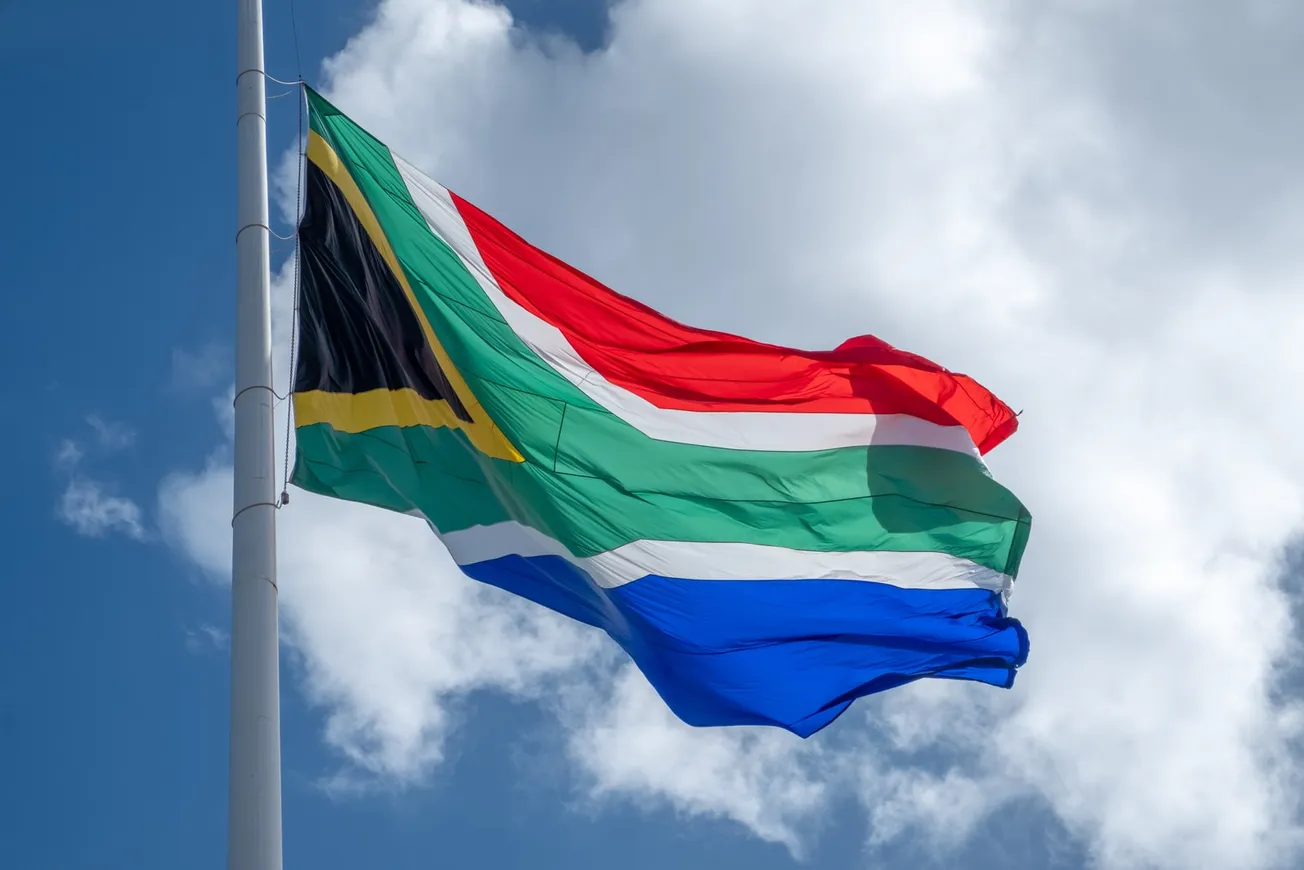Table of Contents
Dr Duncan du Bois
Although the tally of votes had not been finalised, the situation on May 31 showed clearly that South Africa is on the cusp of political change. In that respect it is significant how May 31 has marked turning points in our history.
On May 31, 1844 Natal was officially annexed as a district of the Cape Colony. On May 31, 1902 the Treaty of Vereeniging was signed concluding the Anglo-Boer War. On May 31, 1910 the four British colonies united to become the Union of South Africa. On May 31, 1961, South Africa became a republic.
Given the final outcome of the election, it is clear that, without an outright national winner, political change has to occur. In that respect, there are two coalition options: one in which the ANC has Jacob Zuma’s hardline socialist MK party as its junior partner with, maybe, the Marxist EFF as well. The other option is for the DA to partner the ANC in a coalition.
The first option would rapidly transform South Africa into a replica of Venezuela. Capital flight and emigration of skills would hasten a state of dystopia. The constitution would be discarded and all the servitude of the wrongly named Freedom Charter would be imposed. Poverty and dysfunctionalism would be the norm. Foreign investment and tourism would be a receding memory.
An ANC/DA coalition is in the best interests of South Africa. Despite their ideological differences, politics is the art of the possible. The ANC no longer has a mandate to govern South Africa alone. A substantial number of the voting population has indicated that it rejects the failed policies of the ANC and the socialism of its fellow travellers.
While the cycles of history are repetitive, it is worthwhile considering the dilemma the first Government of South Africa faced in 1910. It was born with a number of simmering challenges: forging Afrikaner-English unity divided by the Anglo-Boer war; seeking a balance between Boer agrarian interests and the Rand mining industries; maintaining imperial ties while trying to accommodate strident Afrikaner nationalist elements and race issues concerning Africans and Indians.
If the ANC in its reduced capacity and the DA are able to put South Africa first, the odds they face are actually less daunting than those faced by the first Union Government in 1910. Obviously certain holy cows of the ANC are going to have to be ditched. Understandably, the DA may have to navigate its way around thorny issues so as not to compromise its essential principles. But in the interests of its slogan ‘a better life for all,’ the ANC would need to face up to moderating its policies so that the coalition can experience a modus vivendi.
This is a time for realism and commitment; a time to leave egos outside; a time for statesmanship.







